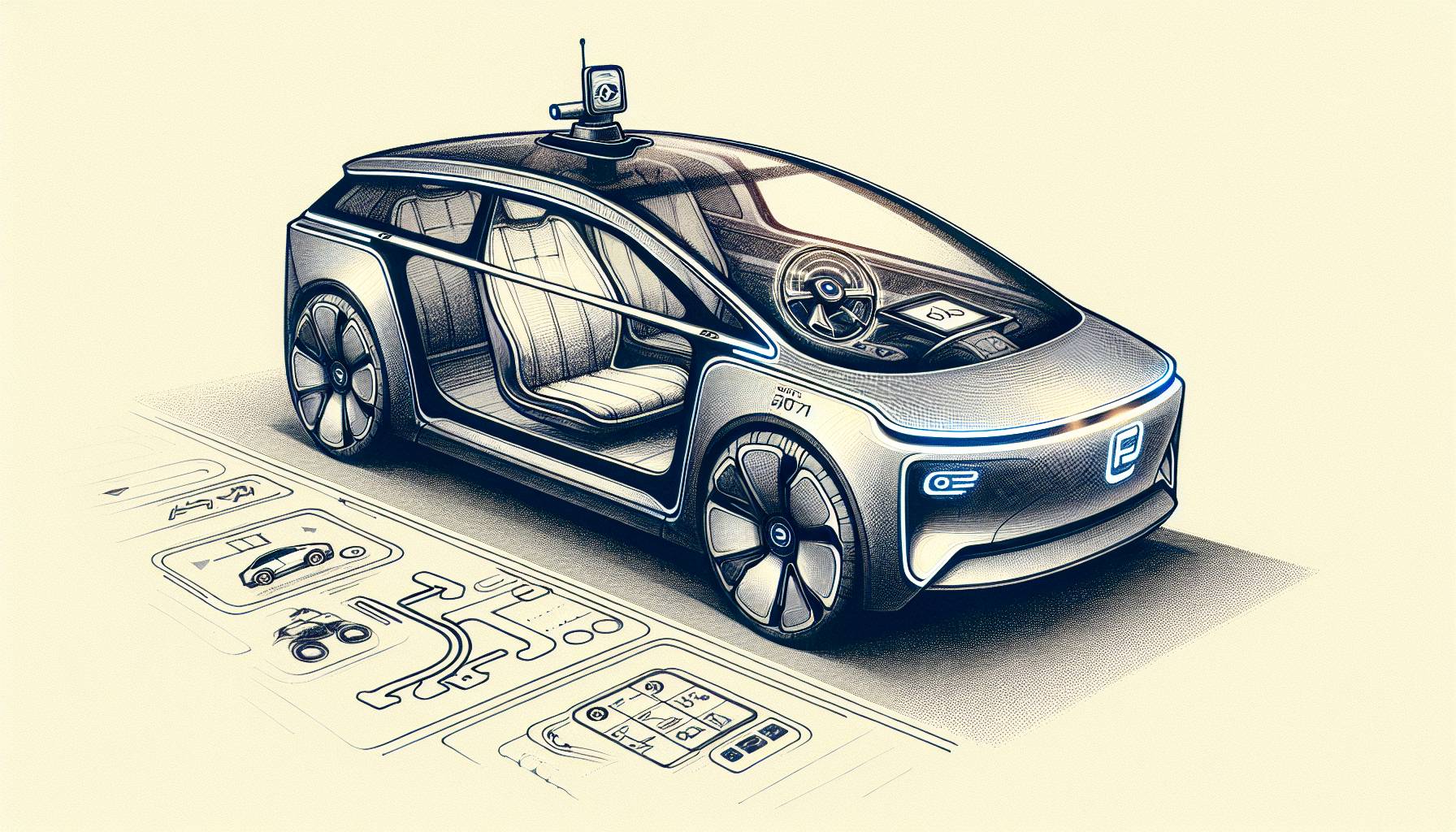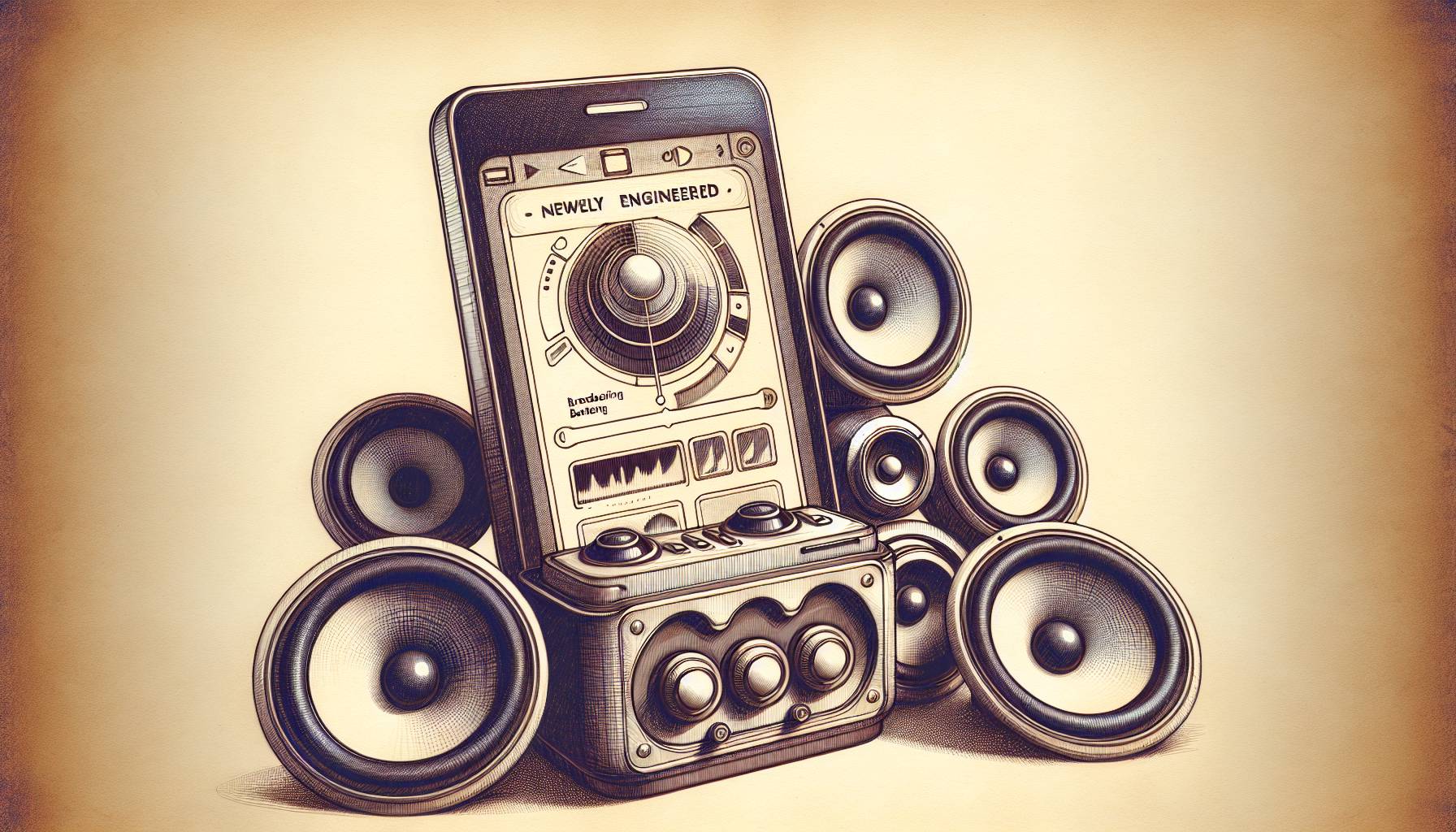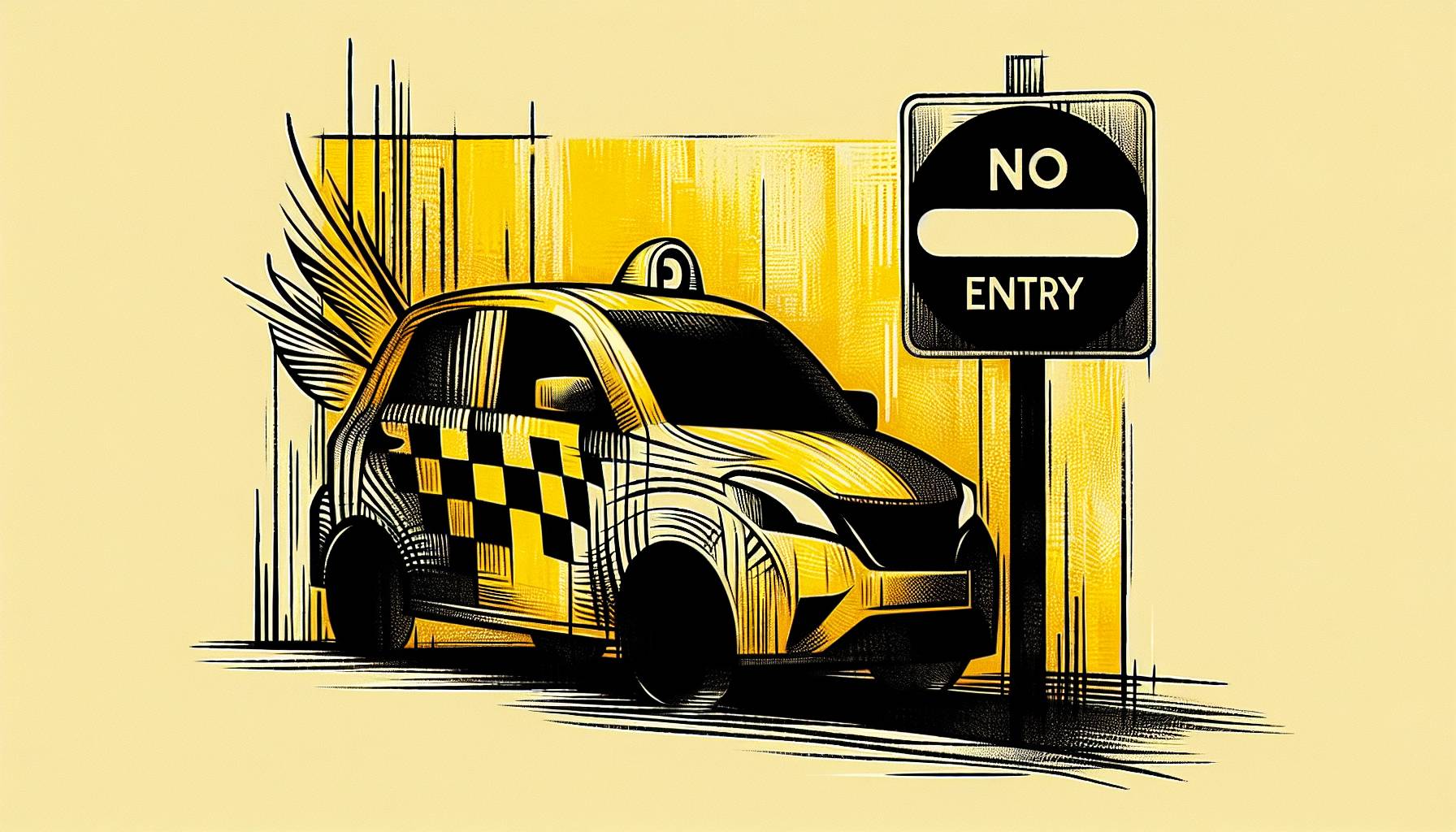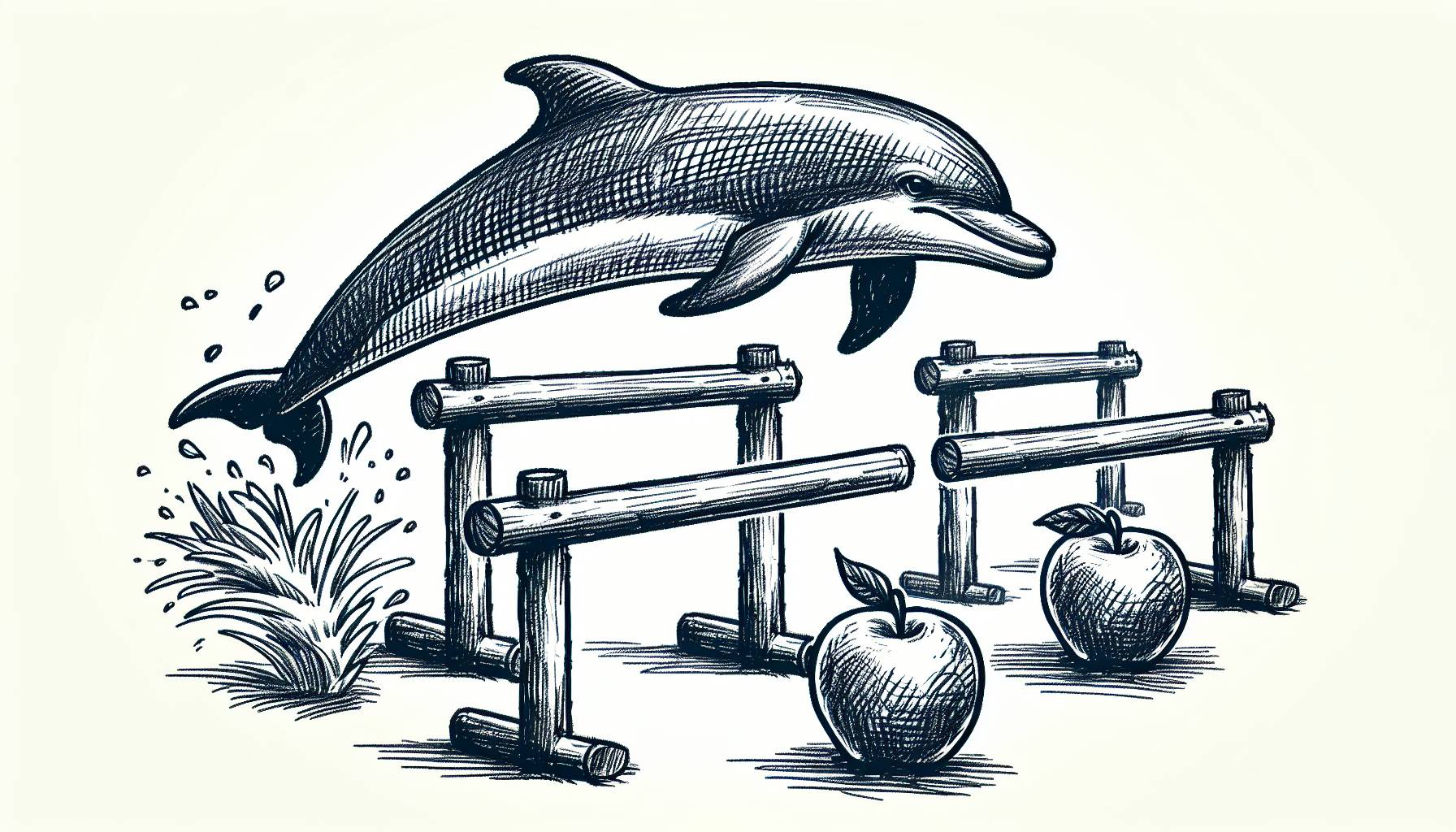Apple’s press conference introducing the iPad 2 showed why 2011 should be the best year ever for the iPad and Apple (AAPL) – and why 2012 and beyond will be a challenge.
Apple’s iPad totally dominates the nascent tablet market. In 2010, Apple sold 15 million iPads. Steve Jobs, on stage at Thursday’s event, couldn’t resist taking a swipe at Microsoft’s (MSFT) decade-long effort to create a market around its Tablet PC, saying iPad’s sales are “more than every Tablet PC ever sold. Tablet PCs crashed and burned.” He taunted competitors about their inability to beat Apple on tablet pricing as a screen behind him showed the words “competitors flummoxed.”
Tablet competition still scattered
Recent analysis shows that Apple’s big lead in sales has helped it build a cost-effective supply chain for tablets, allowing Apple to get iPad parts in bulk. Competition is scattered – about 100 new tablets are either on the market or coming soon, from all kinds of manufacturers based on all kinds of technologies. None can yet build-up the buying power of Apple, so their tablets wind up costing too much to give Apple a scare in the market.
With virtually no pressure from a low-priced iPad alternative, Apple is focusing on the only real competitive threat: that some company might make a better tablet. Motorola’s (MMI) Xoom, which beat Apple out with a dual-core processor, showed that some newcomers have serious chops. RIM’s (RIMM) BlackBerry PlayBook, which comes with high expectations, is supposed to launch April 10.
Apple keeps prices down while still focusing on the high end
So Apple raised the stakes at the high end, making iPad 2 considerably better than its predecessor. The new model comes with a dual-core A5 processor that Jobs said would give the iPad “twice as fast performance and nine times better graphics performance.” The iPad 2 adds front and back cameras, a gyroscope, and a slimmer design, dropping in weight to 1.3 pounds from 1.5 pounds. All this – plus two colors (black and white) – for the same price as the original iPad, starting at $499.
Along the way, Apple says it has improved the operating system – now iOS 4.3 – to make everything run faster. The company clearly does not plan to let Google’s (GOOG) Android catch up in the OS wars.
Just to make sure we understand why Apple will always make the better tablets, Jobs closed the event with a brief monologue. “It’s in Apple’s DNA that technology alone is not enough,” he said. “It’s technology married with liberal arts, married with humanities.” This is Apple’s secret sauce.
More than likely, it all adds up to Apple casting its long shadow over the whole tablet market in 2011. “What about 2011?” Jobs said, mocking his rivals. “Is it going to be the year of the copycats?” Well, actually it will be the year of disorganized copycat attempts. So Jobs has every right to mock.
But then 2012 will be the year of the real competitors.
Apple’s dominance can’t last
By next year, standards and some stronger players will emerge in tablets. The price of parts for non-Apple tablets will slide ever downward. Much as it happened in the smartphone market, successful competitors will fall into one of two camps.
One group – probably Motorola, BlackBerry maker Research in Motion, Samsung (005930.KS) and a few others – will go after Apple on performance and design. The smartphone market has shown that while Apple can usually stay a step ahead in making the coolest products, others can get close enough to win customers and cause Apple to sweat.
The other group – probably companies such as Asus and Acer (2353.TW) – will fight on price. By next year, they should be able to come out with “good enough” tablets that don’t have the power or elegance of an iPad, but come reasonably close for half the price.
As all of this comes together next year, the likely outcome is that the whole tablet market will explode, but Apple’s share of the market will shrink from about 80 percent in 2010 to 40 percent in 2015. That’s not necessarily bad for Apple: its iPad sales will continue to grow as the whole market expands. But it also means Apple will lose the absolute control of the market that it has now.
In the end, the iPad 2 announcement did what Apple needed to do: improve the iPad and keep it ahead of competitors at the top end. Now it will be fascinating to watch what Apple comes up with next time, for the iPad 3 – when competitors will surely be bearing down from the high end and the low end.












